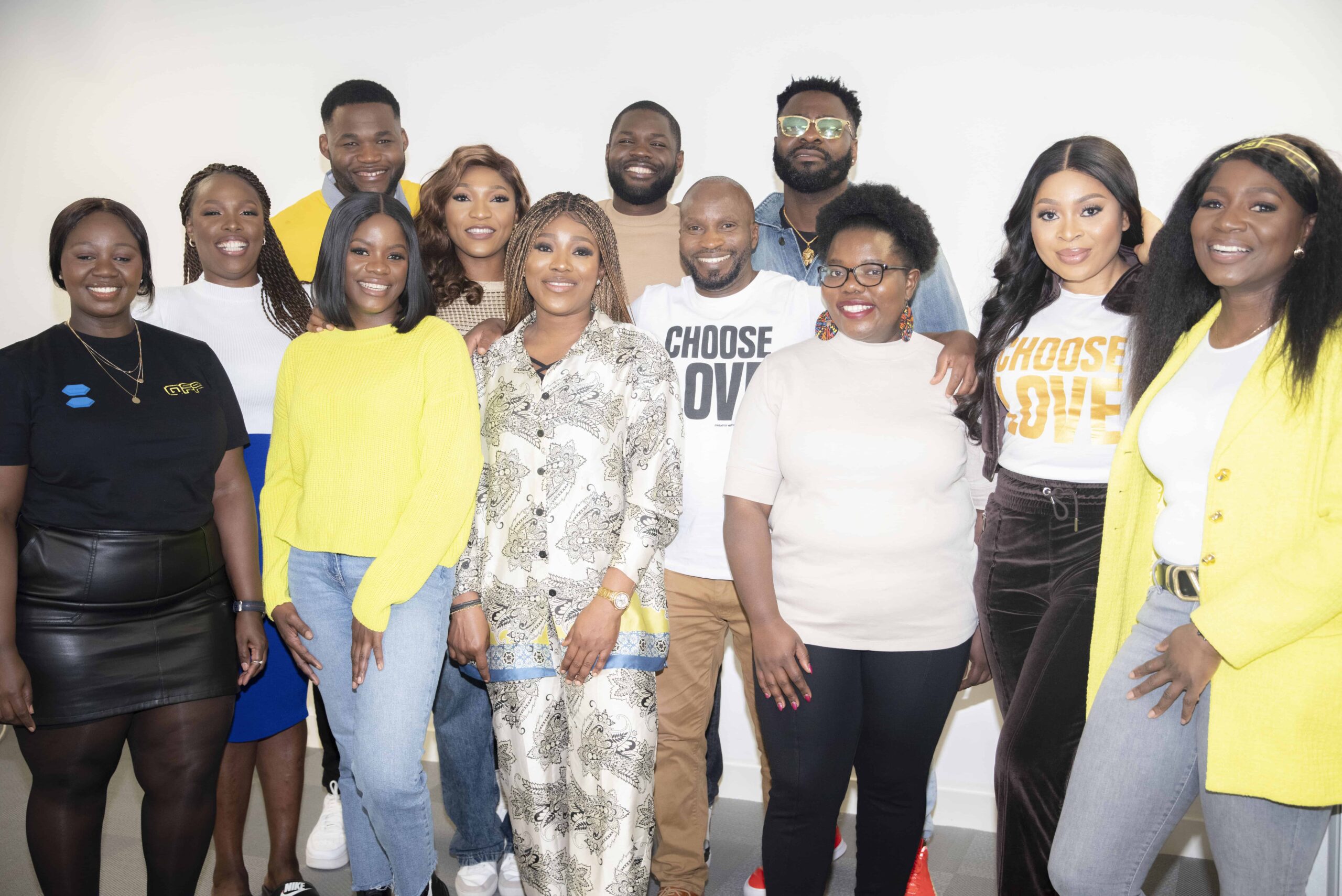As part of our #noplacelikehome campaign, Holly (our Communications Manager) caught up with Say It Loud Club members to find out about their experiences with housing in the UK. Today, Holly is speaking to Pearlgin, who was supported by Say It Loud Club to find shelter after experiencing street homelessness and modern day slavery.
H: Hi Pearlgin, how are you? Maybe you could start by telling readers a bit about yourself and how you came to the UK.
P: Hi Holly! My name is Pearlgin, I’m non-binary, in my mid-forties, and originally from South Africa. I arrived in the United Kingdom in 2012, escaping from the drug traffickers and persecution because of my sexual identity. Initially when I arrived in the UK, I encountered obstacles to network with people who identified like me. Then in 2019 I supported a friend in her court case at the first-tier tribunal, and was surprised to meet so many people who were members of Say It Loud Club in court to support my friend. I then followed Say It Loud Club on Facebook, attended a Forum event held in Highbury and Islington, and on the day met ambassadors who motivated me to be part of Say It Loud Club.
H: And we’ve loved being able to get to know you properly through our online meetings this year. Can you describe some of your experiences with housing since coming to the UK?
P: I have been sofa-surfing, sharing bedrooms, and living in isolation or hiding due to fear of being found. Initially on my arrival a friend accommodated me from 2012 until 2013. Then homelessness began, and I slept on street corners, McDonald’s of Romford, even slept in the bus until morning to keep warm and safe. I lived in Lewisham where many women lived in the house doing prostitution and I had no choice but to be a part of it. At the time I was not aware of specific accommodation that catered for LGBTQ+ people. I had to work as a nanny and live-in carer to secure accommodation, living in an environment of restricted servitude to secure a roof over my head.
H: Has anything changed since you joined Say It Loud Club? Where are you living at the moment?
P: I am currently living in a shared accommodation provided by the Salvation Army under NRM*. The housing caters for trafficked women. I do not share a room with anyone. When my asylum case was refused by the Home Office and dismissed by the first-tier tribunal judge, I was evicted from NASS accommodation** and became homeless. The downside of my current accommodation is that, as an LGBTQ+ person, I have to continue concealing my identity to avoid stirring up resentment and to maintain my mutual communal living space.
H: It sounds like things are better than previously, but we know that having to conceal identity at home is a huge issue for LGBTQ+ refugees. How has support from Say It Loud Club and other organisations helped you to deal with this?
P: Say It Loud Club provided support and relevant information on how to deal with homophobia in my living space, and reassurance to prevent further mental health deterioration. As well as having a personal mentor to guide and support me in all aspects of my problems, the online Zoom meetings created a space to continue sharing, socialising, and engaging in activities.
UKLGIG provided moral support and legal support; Outcome Mind Highbury and Islington provided financial support and online activities; Rainbow Sisters created a talking platform, and Micro Rainbow provided a transgender, non-binary group where one could share and express themselves with confidence. It has built my resilience, confidence, and equipped me to stand up for my rights as a member of the LGBTQ+ community. I learned to avoid situations that will provoke a mental health relapse. I learned to trust and freely approach Say It Loud Club members and volunteers for help. I am not alone in this journey.
H: It’s always amazing to hear the breadth of work carried out by charities and community groups to support LGBTQ+ people and the refugee community – I’m glad you’ve been able to find so many sources of support after everything you have been through. 2020 has been challenging for the whole country for many reasons. How has it been for you?
P: In 2020, I’ve gained access to a one year university programme – Say It Loud Club made it possible for me through the mentorship scheme to gain access as a student to Birkbeck University. I was housed in a safehouse for trafficked women. I felt the wind of racial discrimination as a LGBTQ+ person. I had to depend solely on Say It Loud Club online Zoom meetings to overcome stress, anxiety, and to avoid mental health relapse.
H: What do you think needs to be changed in terms of housing for LGBTQ+ refugees?
P: LGBTQ+ people who are co-parenting should be awarded joint tenancy rights even if they are not partners. Local Authority guidance should provide options of joint tenancy rights and its effects on succession rights. In terms of equal access to housing schemes, caseworkers should understand and learn more about the paramount needs for LGBTQ+ people and refugees. LGBTQ+ refugees should be allocated to safer, less homophobic accommodations. There should be recognition of mental health related issues for LGBTQ+ people and refugees.
H: Thanks so much for talking with me Pearlgin, and for sharing your experiences and knowledge of the housing situation for LGBTQ+ refugees.
P: It’s my pleasure Holly, see you soon.
*NRM stands for National Referral Mechanism, and is the government mechanism for identifying victims of modern day slavery
**Accommodation provided by the National Asylum Support Service to asylum seekers who would otherwise be destitute

